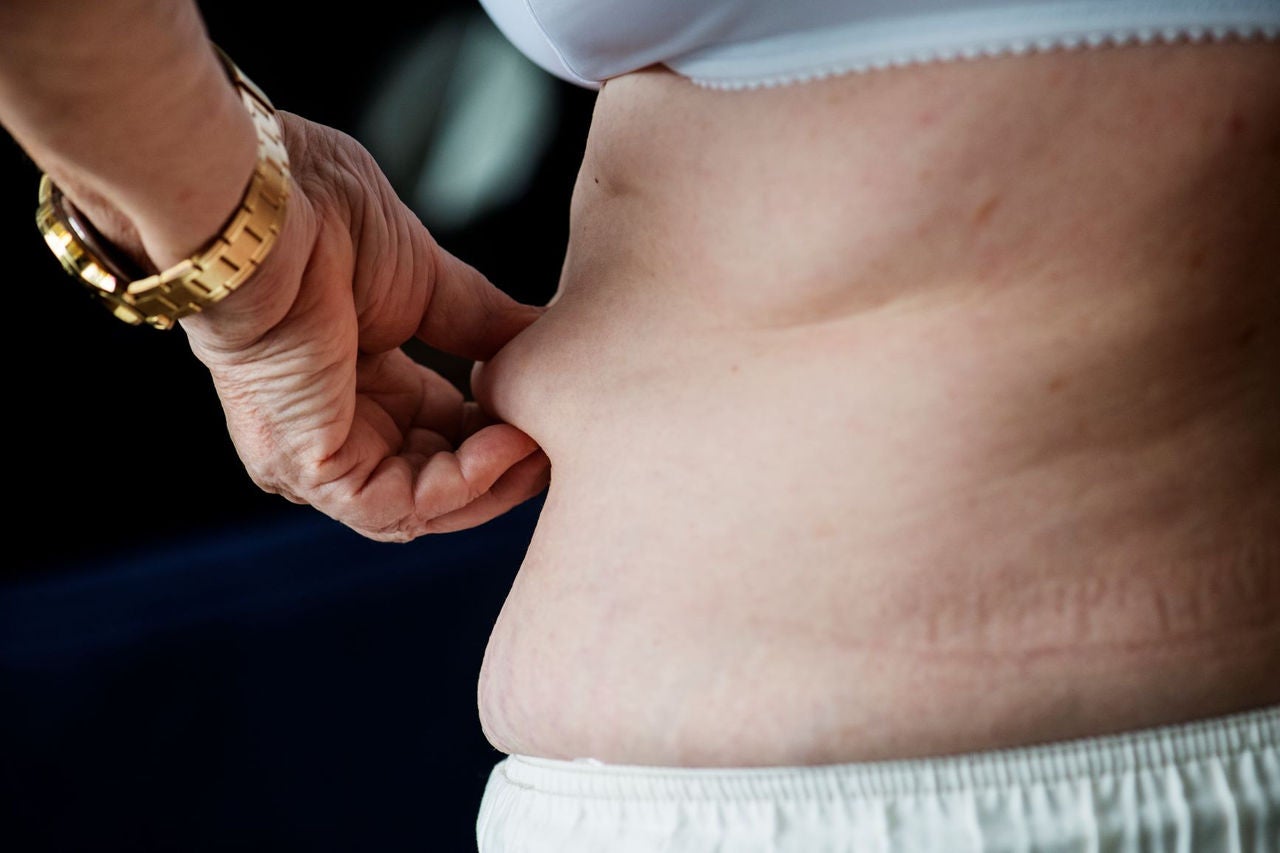
Credit: www.freepik.com
A study by researchers at Duke-NUS, conducted of older Singaporeans (above 60 years) showed that those with a higher Body Mass Index (BMI) might have the same number of remaining years of life compared to those with a lower BMI, but spend fewer of those years in good health.
Singapore, 09 May 2019 – A team of researchers at Duke-NUS Medical School found that older adults with obesity could expect fewer years of remaining life, at age 60, 70 and 80, with no limitation in physical function and no limitation in activities of daily living compared to individuals of normal weight. The results of this study are published in the International Journal of Obesity.
Obesity is becoming increasingly prevalent among adults in many countries, especially those with aging populations. While some previous studies have reported that older adults with a heavier body mass index can expect to live as long as those with normal weight, it is worthwhile investigating if those with obesity also spend a similar duration of remaining life in good health.
“Among older adults, physical function of the upper and lower extremities and the ability to perform activities of daily living are key for their day to day functioning, and thus important indicators of health. We investigated whether older adults with pre-obesity and obesity, versus those with normal weight, have the same or fewer years of healthy life, when health is defined using these relevant indicators,” said Dr Rahul Malhotra, Head of Research at Centre for Ageing Research and Education, Assistant Professor at Health Services and Systems Research Programme, Duke-NUS Medical School and senior author of the study.
The researchers analysed data from a national longitudinal survey of 3,452 Singaporean adults over the age of 60. They measured the association between BMI categories (underweight; normal weight; pre-obesity; obesity) and years of remaining life with and without limitations in physical function and in activities of daily living. Limitation in physical function was defined as difficulty in completing any of nine tasks involving the arms and legs, such as walking 200-300 metres, climbing ten steps without resting, or raising the hands above the head. Limitation in activities of daily living was assessed in terms of difficulty in doing six basic activities, such as bathing, dressing or eating, or seven instrumental activities, such as doing housework, managing their medications or taking public transport.
The team found that, at age 60, adults with obesity could expect about 6 more years of remaining life with limitation in physical function and about 5 less years of remaining life without this limitation compared to those with normal weight. Similarly, in terms of limitation in activities of daily living, at age 60, those with obesity, versus normal weight, could expect 3.5 more years of remaining life with this limitation and 3.5 less years of remaining life without this limitation. These patterns were also observed at age 70 and 80, and were the same regardless of the gender, ethnicity or educational status.
“Our study suggests that health systems, social and community services in aging populations need to continue focusing on promoting normal weight as well as maintaining physical abilities of older adults in order to increase healthy life years,” said Dr Chan Wei-Ming Angelique, Executive Director of Centre for Ageing Research and Education, Associate Professor at Health Services and Systems Research Programme, Duke-NUS Medical School and co-author of the study.
Senior Vice Dean for Research at Duke-NUS Medical School, Professor Patrick Casey, commented, “Obesity has been shown to have adverse effects on health and life expectancy at all ages.
This significant study by our team of researchers provides additional evidence that programmes aimed at maintaining a normal BMI and mobility will improve the quality of life in Singapore’s older population. Increasing healthy life expectancy will reduce expenditures on both health and social care.”
The team is conducting a similar study on a new cohort of older Singaporeans (beginning in 2017), who are eight to nine years younger than the participants of this current study. They plan to compare the results between the two cohorts for a better picture of how the effect of higher BMI on the years of healthy life may be changing over time.
Reference: Md. Ismail Tareque, Yasuhiko Saito, Angelique Chan, Abhijit Visaria, Stefan Ma, Rahul Malhotra (2019). Years of life with and without limitation in physical function and in activities of daily living by body mass index among older adults. International Journal of Obesity. DOI:10.1038/s41366-019-0370-8













 Get it on Google Play
Get it on Google Play